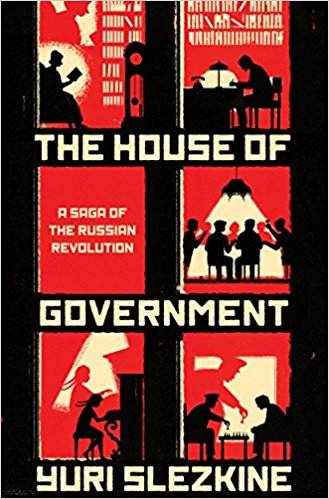At LAT, "‘I’ve seen people die.’ COVID-19 slams Central Valley hospitals, as many resist lockdowns":
FRESNO — The last time Dr. Eyad Almasri had a day off was in November, when he was infected with the novel coronavirus. His symptoms were not life-threatening, but it crushed him, he said, that he couldn’t be with his patients for 10 days. A pulmonologist with the Fresno campus of UC San Francisco, Almasri works in the intensive care unit at Community Regional Medical Center in downtown Fresno — so packed with COVID-19 patients that the hospital has had to create makeshift isolation wards, including one in a hallway. Exhausted staff, working long hours seven days a week, rarely take off their protective gear because the entire area is the “dirty zone” — a phrase Almasri detests. With so many patients, there is no time for breaks anyway. The story was similar this week in much of the San Joaquin Valley, where hospitals were crowded with COVID-19 patients. As of noon Saturday, availability of ICU beds in the region was zero. Fresno, a metro area with more than 1 million people, hit that dubious marker two days earlier. “There is no help on the way,” Almasri said Thursday. “I can’t tell you how scared people are, and I can’t even sit there and hold their hands. There are so many others waiting.” Across California, medical professionals such as Almasri live a world apart from average citizens, who have no clear window into the conditions of hospital wards. But the San Joaquin Valley is different. Nowhere else in California do intensive care doctors and nurses work in such a fragile system. It’s an agricultural valley with high rates of poverty and a staggering shortage of doctors. Yet during the pandemic, many local leaders have been openly defiant of public health directives. The Fresno City Council on Thursday approved an order intended to clamp down on backyard parties, for what it was worth. But the city police chief quickly issued a statement saying his officers would not enforce it. Meanwhile, coronavirus cases continue to soar in the county, in part because of outbreaks at a Foster Farms poultry plant and a state prison. In Stockton, in the northern part of the San Joaquin Valley, some small-business owners are demanding a reprieve from closures, arguing that this third round is arbitrary and unfair. They say there is little sense in having large chains such as Target and Walmart, where workers come into contact with hundreds of customers a day, remain open while shutting down outdoor dining for neighborhood eateries and services such as salons. Closing again, they contend, may mean that they go under permanently — a financial catastrophe for them and their employees. “The hospitals are not overflowing because of restaurants,” said Johnny Hernandez, co-owner of the Black Rabbit gastropub in Stockton, who joined a protest with other small-business owners Thursday on the steps of Stockton City Hall. Hernandez said he has let go seven of his 10 employees and doesn’t have the funds to make it past this month. For him, the threat of financial ruin is more real than the specter of illness. “I don’t see Republican; I don’t see Democrat,” said the former union organizer. “I see people hurting.” The valley is a diverse place, with complex opinions on the pandemic. Farmworkers and other essential Latino workers have been hit hard and are scared that the coming months will be even tougher. But with many lacking legal immigration status and unable to receive state aid, they must work to put food on the table. Many business owners also recognize the seriousness of the pandemic and are taking precautions to protect themselves, their families and employees...
Still more.









